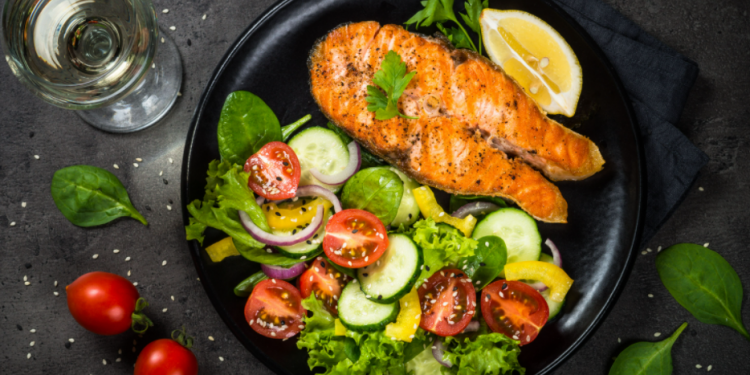by Jonathan Chung, DC
Ketogenic diets have become popular within mainstream culture as a controversial methodology to promote health and weight loss. This dietary approach that emphasizes a diet high in fats with very-low carbohydrates was popularized by Dr. Robert Atkins for weight loss. While the benefits of keto for weight loss and cardiovascular health are up for debate, the origins of the ketogenic diet suggest a therapeutic benefit for the health of the brain and the treatment of neurological disorders.
Use of the ketogenic diet for medical purposes can be traced back to 1921, when it was used for drug-resistant epilepsy. The theory was that a high-fat diet would induce a shift in cells utilizing the metabolic products of fat metabolism (ketone bodies) for energy instead of the default energy source of glucose. The dietary goal of increasing more ketone bodies in the blood is known as ketosis, and which is where the ketogenic diet derived its name. Clinical trials on the diet found that this dietary strategy was able to reduce seizure events by 50% in many cases.
With the discovery that ketosis had therapeutic value in seizures, additional studies observed the effect of ketosis on other neurological diseases. Studies in humans have shown some potential in patients with mild cognitive impairment/early Alzheimer’s disease, migraine headache, Parkinson’s disease, and multiple sclerosis.
So, what about concussion and other forms of traumatic brain injury?
Currently we don’t have clinical trials to inform us, but there have been animal studies and anecdotes in humans that may give us some insight. Animal models of traumatic brain injury have shown that a ketogenic diet helped to reduce neuron cell death, decreased swelling, and reduced the production of inflammatory free radicals in the brain after TBI. It also appeared to improve cerebral blood flow and energy production of mitochondria in animal brain tissue. Overall, a ketogenic diet after brain injury appeared to increase survival in small animal models.
While animal studies can inform on some of the unique biochemical effects of a ketogenic diet, they are not great at translating into human outcomes. What have human studies shown us so far? Unfortunately, not a whole lot. We know that a keto diet can be used safely in patients with brain injury, and a small pilot study on post-concussion syndrome showed some small improvements.
While my practice is primarily focused on structural and neurological rehabilitation, I frequently get asked about nutritional strategies or recommendations for patients with concussion and other brain-related issues. While the clinical evidence for post-concussion patients is weak, I have often recommended a ketogenic type diet for some patients if they don’t have any cardiovascular or endocrine risk factors. The ability of keto to reduce oxidative damage and neuroinflammation in epilepsy and could translate for some concussion patients.
This appears to be most effective for patients with migraine type of headaches and lingering cognitive issues, especially if a patient may be prone to metabolic issues related to insulin resistance.
Currently larger studies are being done to figure out this problem, but in the meantime, keto may be a safe action to try to overcome some problems related to TBI.
Jonathan Chung, DC, is the founder and upper cervical chiropractor at Keystone Chiropractic and Neuroplasticity in Wellington, Florida. Learn more about their cervical vestibular rehabilitation program at www.chiropractickeystone.com




















